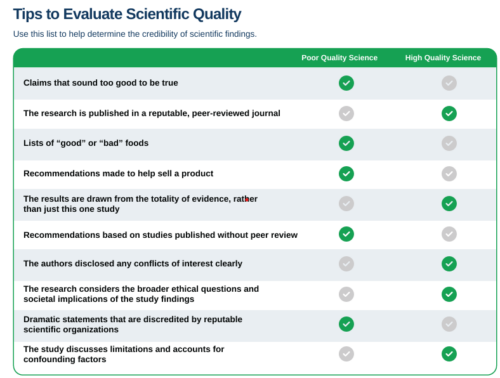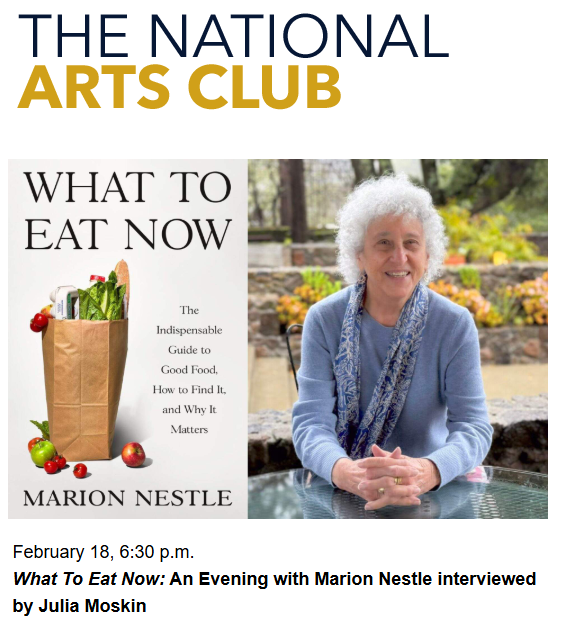Industry-funded advice of the week: interpreting nutrition science
A dietitian member of the Academy of Nutrition and Dietetics, who wishes to remain anonymous, emailed me about PepsiCo’s guide to research interpretation.
PepsiCo sent dietitians this webinar and handout for communicating nutrition science and evaluating studies. I took a look at the handout, which gives a “high quality research” distinction to any studies in which authors have clearly disclosed conflict of interest. So … As long as it’s disclosed, it can be high quality research? Ok.
The handout: How to Communicate Nutrition Science Effectively.
As a credentialed healthcare professional, you have the power to inspire trust and deepen the general public’s understanding of nutrition through credible scientific communication. Let this guide help you to better understand scientific publications and to improve your effectiveness as a nutrition communicator.
Here’s what got the attention of my reader:

According to PepsiCo, high-quality science requires publication in a reputable, peer-reviewed journal, results based on the totality of evidence, conflicts of interest disclosed, and ethical questions, societal implications, limitations discussed.
This is good advice.
But as noted by my reader, disclosure of conflicts of interest should not be sufficient to determine research quality.
Disclosure is essential, but not enough to resolve the problems of conflict of interest.
As I endlessly repeat in these Monday posts, the recipients of industry funding rarely recognize the risk of undue influence; they did not intend to be influenced, and they believe themselves to be immune from the influence—despite the fact that tons of research shows otherwise.
Food companies fund research for reasons that have everything to do with marketing and little to do with science. They do not fund research if they think it might show harm from their products.
Yes, this is a complicated issue. But consider the benefit to PepsiCo from engaging dietitians in this endeavor.


